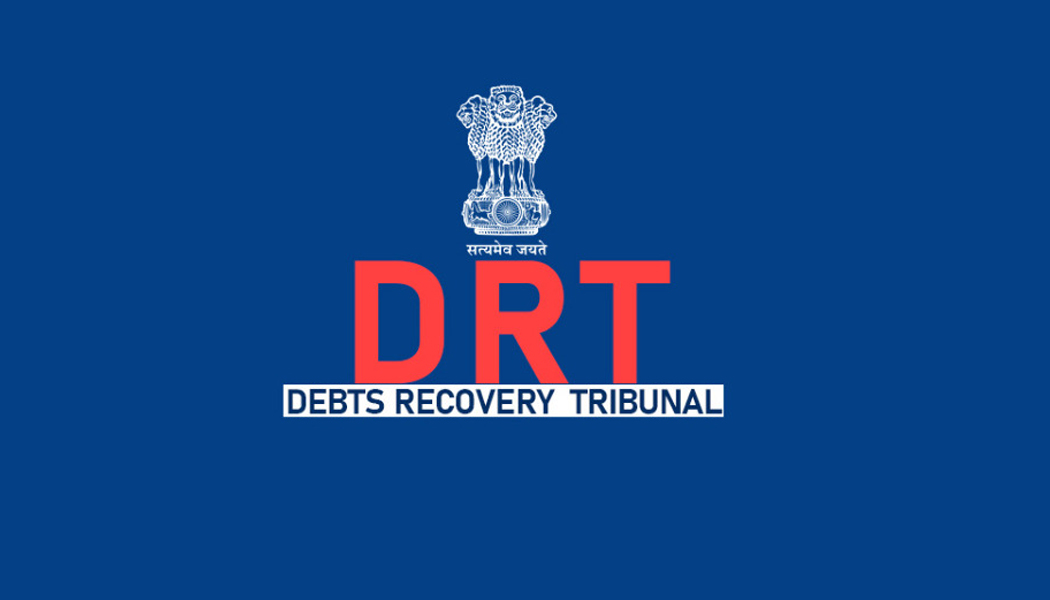
Comprehensive Glossary of DRT Terms and Explanations
Comprehensive Glossary of DRT Terms and Explanations:
Here’s an extensive list of terms used in the Debt Recovery Tribunal (DRT) system in India, along with detailed explanations for each:
Loan Classification:
- Standard Assets: Loans with regular repayments and no overdue amounts.
- Substandard Assets: Loans overdue for 180-360 days. These loans raise initial concerns about potential credit risk.
- Doubtful Assets: Loans overdue for 360-720 days, where recovery is uncertain. These loans indicate a significant risk of default.
- Loss Assets: Loans overdue for over 720 days, considered unlikely to be recovered. These loans are written off by the bank as bad debts.
DRT Proceedings:
- Application: The creditor’s formal petition initiating the debt recovery process before the DRT. This document outlines the details of the loan, borrower, and outstanding amount.
- Notice: Legal document issued by the DRT summoning the borrower to appear and respond to the application. This notice specifies the date and time of the hearing.
- Ex-parte Order: Order passed by the DRT when the borrower fails to appear or defend the case. This order typically favors the creditor in their absence.
- Attachment Order: Order authorizing the seizure of the borrower’s secured assets like property or machinery. This action aims to prevent further asset disposal and safeguard potential recovery options.
- Sale Order: Order directing the sale of the seized assets through auction or public notice to recover the outstanding debt. The proceeds from the sale are used to settle the loan amount.
- Decree: The final judgment passed by the DRT at the conclusion of the proceedings. This decree specifies the amount to be paid by the borrower and the timeframe for compliance.
- Execution: The stage where the DRT enforces its decree through asset seizure, sale, or any other means stipulated in the judgment.
Other Relevant Terms:
- Guarantor: Individual who guarantees the borrower’s loan repayment in case of default. The guarantor becomes liable for the outstanding debt if the borrower fails to pay.
- One Time Settlement (OTS): Agreement between the creditor and borrower for full or partial loan settlement outside the DRT process. This option allows for debt restructuring or waiver of penalties under certain conditions.
- Waiver Certificate: Document issued by the DRT upon complete debt recovery, confirming the loan has been settled and no further obligations remain.
- DRAT (Debt Recovery Appellate Tribunal): The appellate body established under the DRT Act to hear appeals against the decisions of DRTs. This tribunal serves as the final judicial recourse for disputes related to debt recovery under the Act.
- Security Interest: A legal right held by a creditor over the borrower’s asset (collateral) as a guarantee for the loan. This asset can be seized and sold to recover the outstanding debt in case of default.
- Securitization: The process of converting loans into tradable financial instruments to facilitate easier recovery and distribution of risks. This mechanism helps banks manage large volumes of bad loans by selling them to investors.
- Provisioning: An accounting practice followed by banks to set aside funds to cover potential losses from bad loans. This provision creates a buffer against future financial risks associated with defaults.
Additional terms you might encounter:
- Set-off: Using the borrower’s deposits or other liabilities with the creditor bank to partially or fully offset the outstanding debt.
- Mortgage: A specific type of security interest where the borrower pledges real estate as collateral for the loan.
- Debenture: A debt instrument issued by a company to raise capital, which can be used as collateral for secured loans.
- Equitable Mortgage: A mortgage agreement not formally registered but enforceable through a court decree.
Please remember that this is not an exhaustive list, and additional terms may be used depending on the specific circumstances of each case. If you encounter unfamiliar terms during your interactions with the DRT, don’t hesitate to seek clarification from legal counsel or financial professionals.
Understanding these terms empowers you to navigate the DRT process effectively, protect your rights, and make informed decisions regarding your financial situation.
I hope this comprehensive explanation proves helpful! Feel free to ask if you have any further questions.
Adcocate J.S. Rohilla (Civil & Criminal Lawyer in Indore)
Contact: 88271 22304
